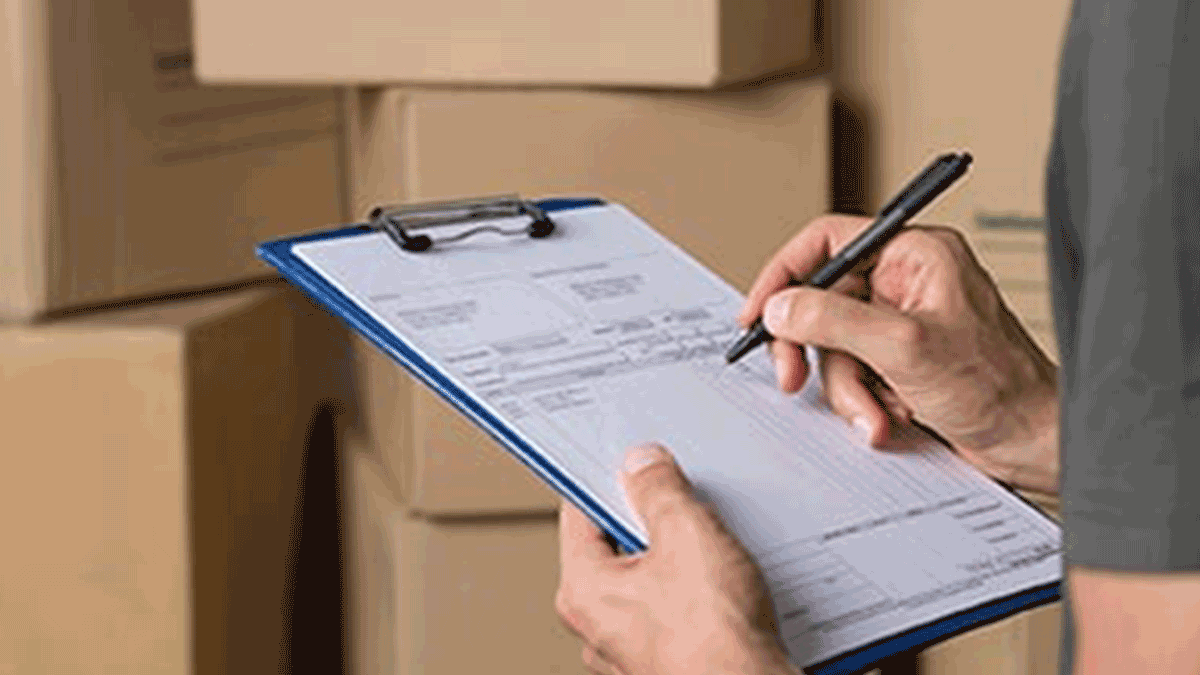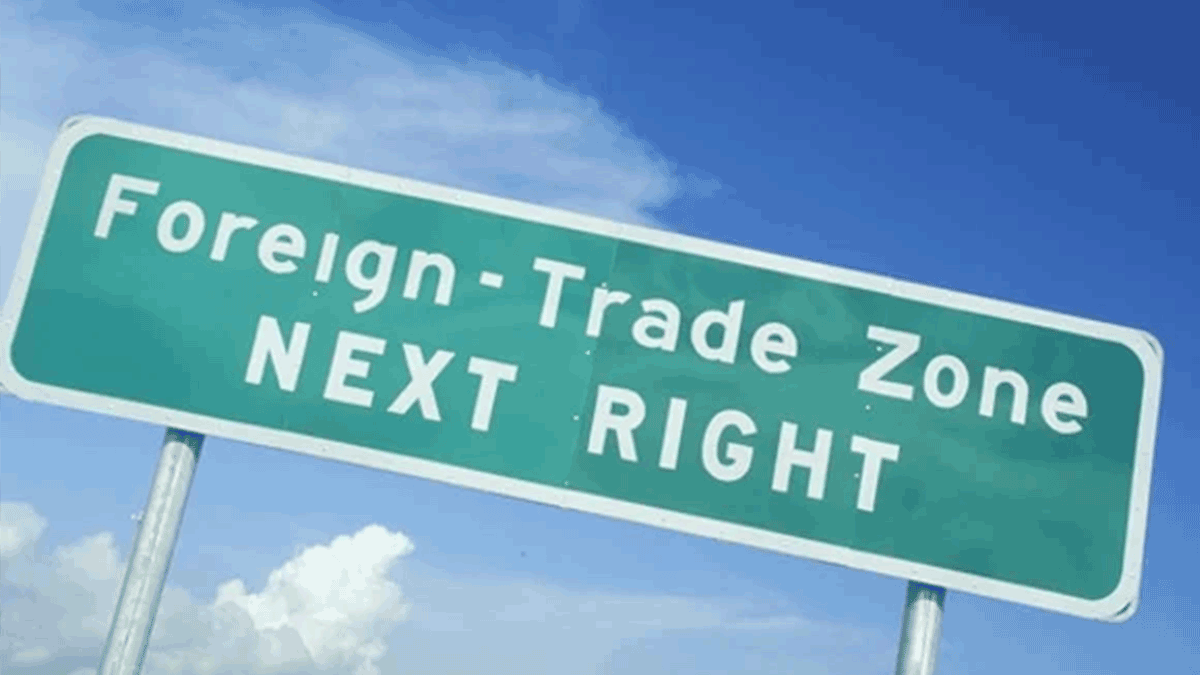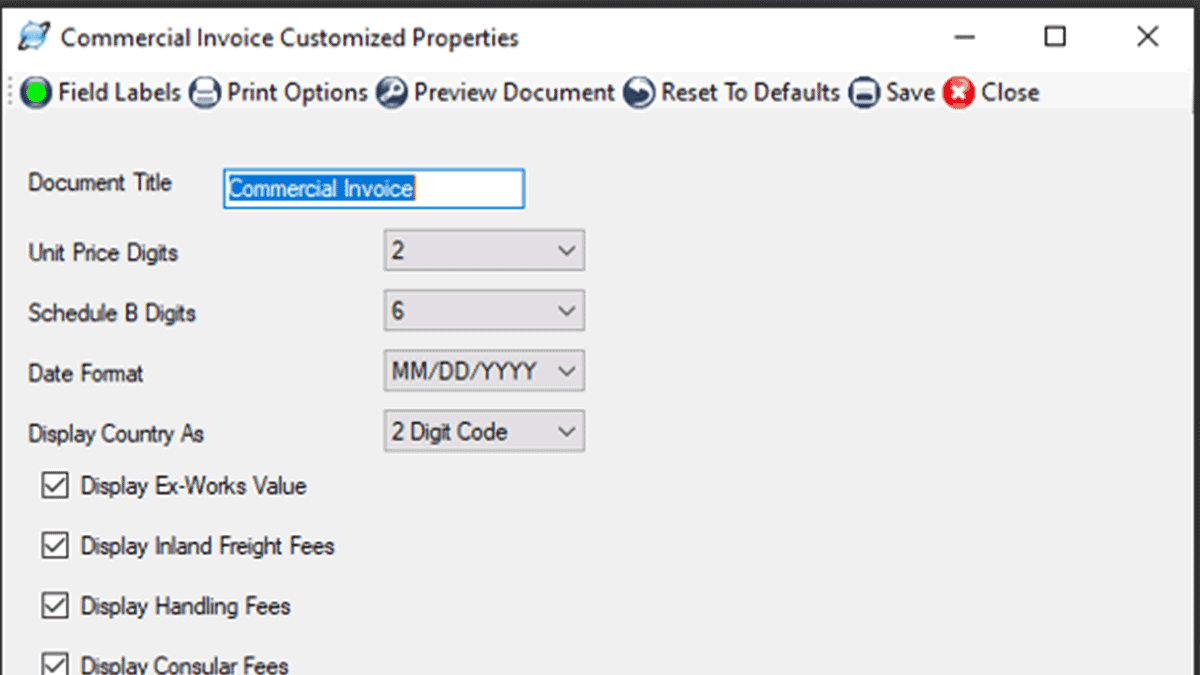On: February 26, 2020 By: David Noah
How to Determine the USPPI
The U.S. Foreign Trade Regulations identify the various parties in an export transaction including a U.S. Principal Party in Interest (USPPI) who may or may not be the same party as the exporter. It's important to understand the difference between the two and the responsibilities of both.








